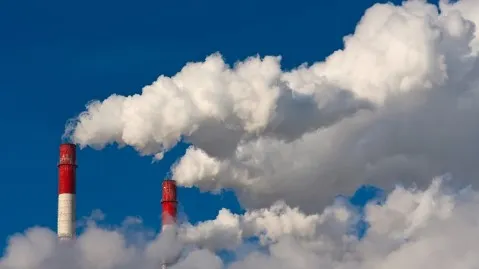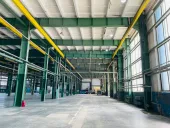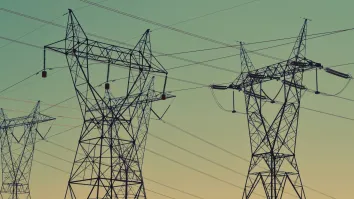
JERA, Chevron tie up to study lower carbon technologies
They will focus on the Asia Pacific region and the US.
JERA has partnered with Chevron Corporation, through its Chevron New Energies, to look into developing lower carbon technologies in the US and the Asia Pacific.
The companies have entered a Joint Study Agreement to explore the potential to develop lower carbon fuel in Australia, which feasibility study is expected to be completed in 2023, they said in a joint statement.
The parties will also study liquid organic hydrogen carriers in the US which can enable efficient hydrogen transport and long-duration energy storage applications.
READ MORE: JERA, IHI ink MoU for ammonia usage expansion in Malaysia
JERA Corporate Vice President Yukio Kani said, “We believe that strengthening our cooperation with Chevron will not only expand business opportunities for both companies but also contribute to the stable supply of energy in Asia Pacific and the U.S. to transition to a decarbonized society,” said JERA Corporate Vice President Yukio Kani.


















 Advertise
Advertise





